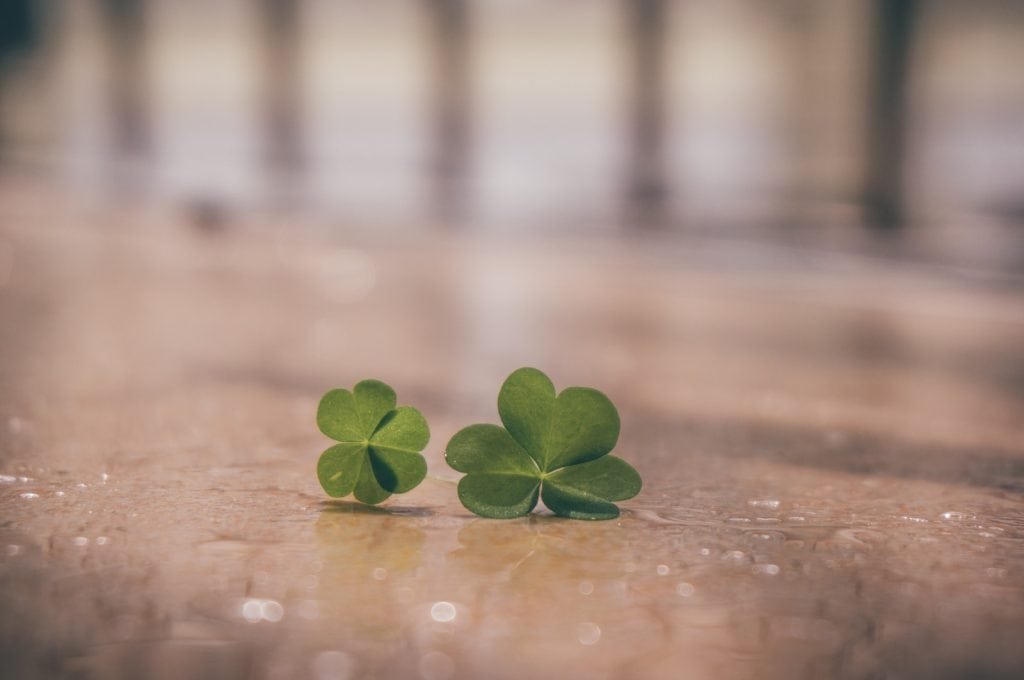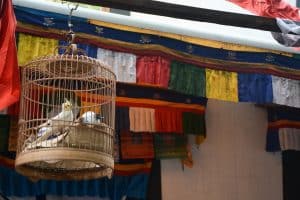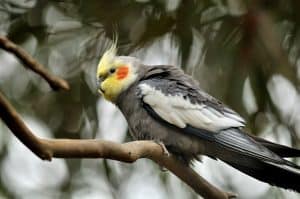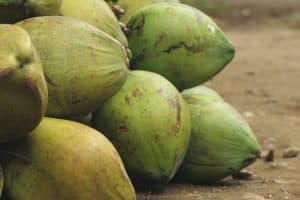When it comes to providing a balanced diet for your pet birds, such as cockatiels, it’s essential to explore various food options. One common question that cockatiel owners often ask is, “Can cockatiels eat clover?” In this comprehensive guide, we’ll delve into the world of clover, its nutritional value, potential benefits, and whether it’s safe for your feathered friends. We’ll also touch upon other safe plants and weeds that can enhance your cockatiel’s diet.
Cockatiel Diet Basics
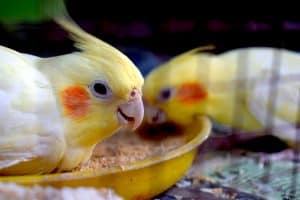
Before we dive into the specifics of clover, let’s establish a fundamental understanding of what cockatiels need in their diet. These delightful birds are known for their charming personalities, and they rely on a mix of seeds, fresh fruits, vegetables, and essential vitamins to thrive.
A balanced diet is crucial for your cockatiel’s health and longevity. It not only ensures their physical well-being but also contributes to their vibrant plumage and overall vitality.
What is Clover?
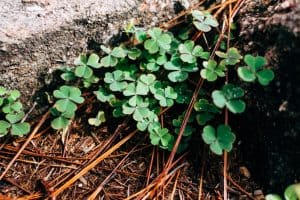
Clover is a common plant that you might find in your garden or backyard. It’s known for its distinct trifoliate leaves and small, ball-shaped flower heads. Clover varieties include white clover, which is one of the most recognizable species in the clover family.
Can Cockatiels Eat Clover?
Now, let’s address the pressing question: Can cockatiels eat clover? The answer is generally yes, but with some important considerations. While clover is not toxic to cockatiels, it should be fed in moderation, just like any other treat or food outside their regular diet.
Cockatiels can safely eat clover as long as it comes from a source that is free of pesticides and herbicides. It’s important to make sure the clover you offer your cockatiels is from an area where you are confident no harmful chemicals have been used.
Nutritional Value of Clover
Clover has some nutritional value that can be beneficial for your cockatiel. It contains essential vitamins and minerals, including vitamin C, which is important for their overall health. However, it’s important to note that clover should not be the primary source of these nutrients in your cockatiel’s diet.
- Perfect intelligence design toys for your bird thinking development.
- By observing your parrot you will quickly see that birds really prefer "working" to obtain their food.
- Place the bird in a cage favorite food or toy blocks, allow the birds to eat or take out their own brains how to play.
- The toy provides a Challenging&Fun Way for birds to acquire nuts,fruit or other bigger treats from holes in different shape,Which keeps your bird busy with fun for hours.
- This is intelligence improvement chewing toy. It need some thinking when the bird take out the food from the grid which is not in shape,and keep your parrot busy and fun for hours.
Risks and Precautions
While clover can be a safe addition to your cockatiel’s diet, there are still some precautions to keep in mind. Clover contains oxalic acid, which can be harmful if consumed in large quantities. Therefore, it’s crucial to offer clover as an occasional treat rather than a staple food.
Additionally, make sure the clover you feed your cockatiel doesn’t have woody stems or flower heads that could pose a choking hazard. Always wash the clover thoroughly and serve it in small quantities.
Other Safe Plants and Weeds
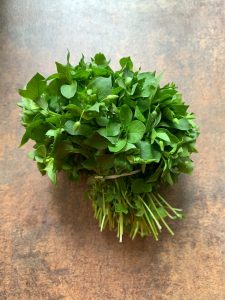
Clover is not the only plant that can be a part of your cockatiel’s diet. Several other safe plants and weeds offer nutritional benefits and variety to their meals. Here are some examples:
Dandelion (Taraxacum Officinale)
Dandelions are completely safe for cockatiels to eat. Both the leaves and flowers are edible and provide essential nutrients. Just ensure they are free of pesticides and chemicals.
Chickweed (Stellaria Media)
Chickweed is another species that cockatiels can enjoy in moderation. It’s a great source of vitamins and minerals. Again, ensure it’s from a safe, chemical-free source.
Winter Grass (Poa Annua)
Winter grass is a year-round option for your cockatiel’s diet. It’s rich in nutrients and can be fed regularly, making it a valuable addition to their menu.
Expanding the Cockatiel Diet: Safe Options and Nutritional Diversity
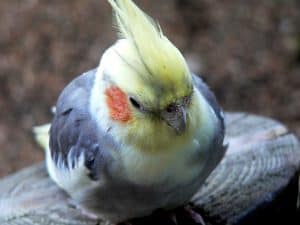
Cockatiels Can Eat a Variety of Foods
While we’ve discussed the safety of clover, it’s important to note that cockatiels can eat a wide variety of foods beyond their usual seed and pellet diet. This dietary diversity not only keeps them physically healthy but also provides mental stimulation and prevents boredom.
Cockatiels can safely enjoy a range of fruits, vegetables, and herbs. This includes foods like apples, carrots, and spinach, but there are some important considerations when introducing new items to their menu.
Chives and Cockatiels: A Cautionary Tale
One food item that should be approached with caution is chives. Chives, part of the onion family, are not recommended for cockatiels or many other pet birds. They contain compounds that can be harmful to birds and may cause digestive issues or worse. It’s best to avoid chives altogether and choose safer options for flavoring your cockatiel’s meals.
Exploring Safe Plants and Weeds
In addition to clover, there are many other safe plants and weeds that can be included in your cockatiel’s diet. These options offer a range of flavors and nutrients to keep your feathered friend satisfied.
Milk Thistle Leaves
Milk thistle leaves are an example of a safe plant that cockatiels can occasionally enjoy. These leaves are known for their potential health benefits, particularly for liver support. However, like with any new food, introduce milk thistle leaves in small quantities and monitor your cockatiel’s reaction.
Climbing Plants and Woody Stems
Climbing plants often have tender leaves and stems that can be a tasty treat for cockatiels. Just ensure that they are free from harmful pesticides or chemicals. Woody stems, on the other hand, should be avoided as they can be challenging for your bird to digest.
Safe Weeds and Other Plants
In addition to clover, several other safe weeds and plants can be a part of your cockatiel’s diet. These include dandelions, chickweed, and various grasses. These plants are perfectly fine for your birds and can be offered throughout the year, providing both nutrition and environmental enrichment.
Final Thoughts
So, can cockatiels eat clover? Yes, they can, but it should be offered in moderation and with careful consideration of the source. While clover has nutritional value and can provide health benefits, it should never replace the core components of your cockatiel’s diet.
Remember that a balanced diet is key to keeping your feathered friends healthy and happy. Incorporating safe plants and weeds like dandelions, chickweed, and winter grass can add variety and essential nutrients to their meals.
As a responsible cockatiel owner, always prioritize the safety and well-being of your pets. Consult with a veterinarian if you have any doubts about introducing new foods into your cockatiel’s diet. With the right knowledge and care, you can ensure that your cockatiels enjoy a diet that supports their optimal health and vitality.
Other suggested articles:
